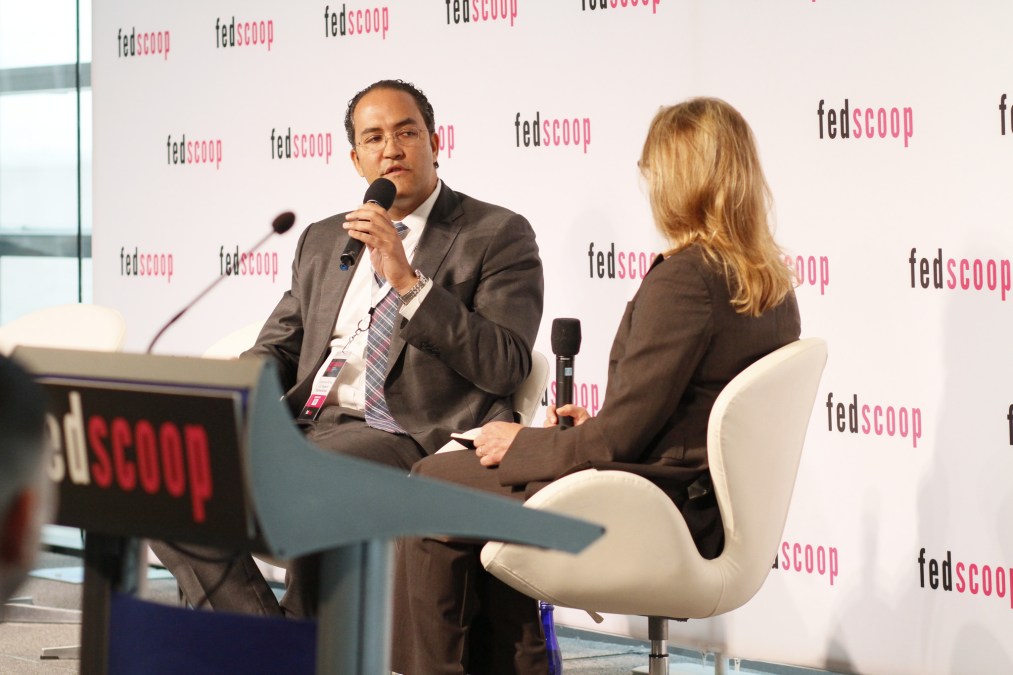Senate passes conferenced NDAA, pushing MGT Act to its final hurdle

The Modernizing Government Technology Act will likely become law soon, as the Senate passed the bill Thursday as part of the 2018 National Defense Authorization Act.
The chamber passed the defense bill with a voice vote two days after the House approved it, clearing the way for the president’s anticipated signature to make it law.
The MGT Act — first introduced in the House by Will Hurd, R-Texas, followed by a corresponding version in the Senate from Sens. Jerry Moran, R-Kansas, and Tom Udall, D-N.M. — proposes again to allow agencies to put money saved through IT efficiencies into working capital funds, which can be accessed for up to three years, to fund efforts to modernize their technology. It also would create a centralized fund that agencies can tap into for modernization.
“Our federal agencies will finally have the motivation to catch up with the 21st Century and embrace emerging technologies so that we can leave behind these antiquated legacy IT systems that have plagued our government for decades. Instead, we can look forward to providing more efficient, transparent services for the American people and safeguard our systems from cyberattacks,” Hurd said in a statement. “I applaud my colleagues in the House and Senate for working to get MGT across the finish line.”
The tech bill was added in August to the Senate version of the NDAA, which is annually a popular avenue for many technology bills because the defense funding agreement is seen by many as a must-pass proposal.
Though it has almost always had bipartisan support, the MGT Act has had a difficult road to potential passage.
The bill already passed the House twice as a stand-alone bill — once this May and once in 2016, before failing to move in the Senate prior to the end of the previous Congress.
Hurd reintroduced the bill in April after retooling the Congressional Budget Office’s assessment of its price tag, down from $9 billion in 2016 to $500 million this year.
But to get it through the Senate, Moran and Udall added to the NDAA as an amendment, a strategy favored for other tech bills like the Federal Information Technology Acquisition Reform Act.
Acting U.S. CIO Margie Graves said last month that the Office of Management and Budget is already working on governance for agencies to implement the bill as soon as it becomes law. And the hope is, both in and out of government, that will happen.
“We urge Congress to follow its action today by including funding for the MGT Act to jumpstart critical investments in the government’s technology infrastructure in fiscal year 2018,” said Alan Chvotkin, executive vice president and counsel of the Professional Services Council.
The NDAA’s passage in the Senate also clears the way for the OPEN Government Data Act, which would require that government data be formatted on machine-readable and open-source code.






